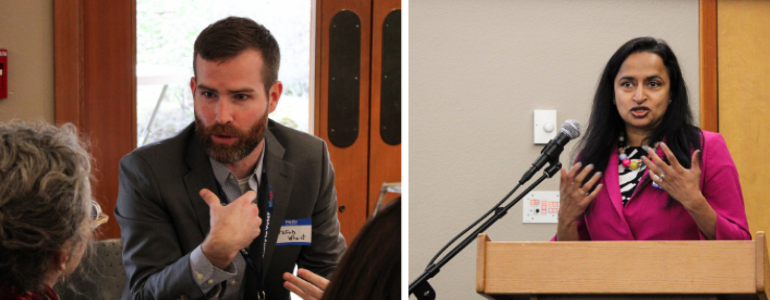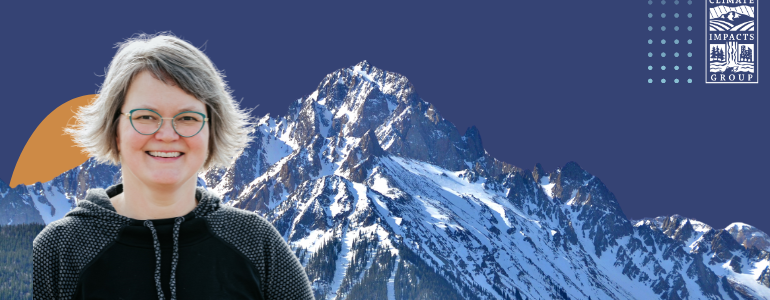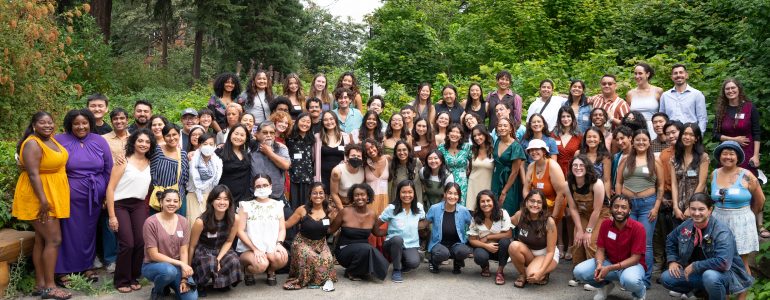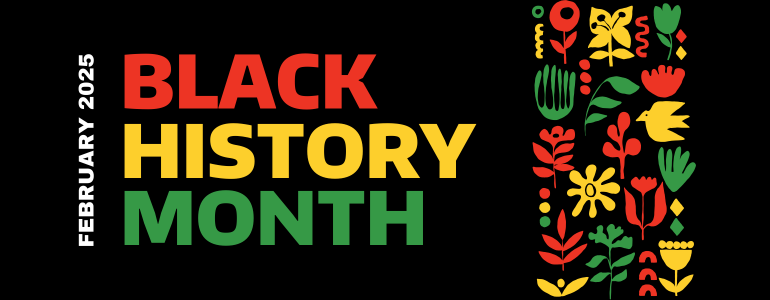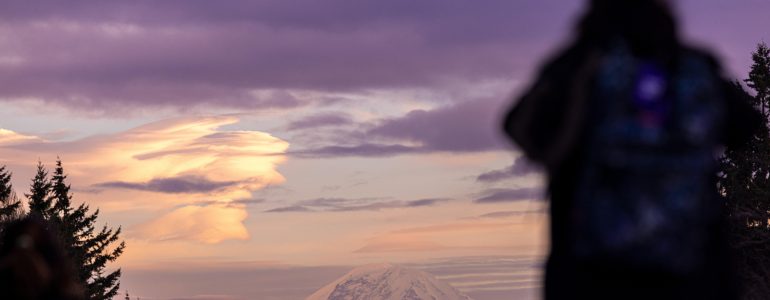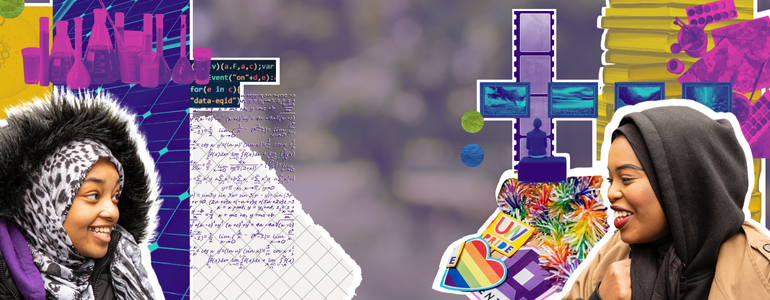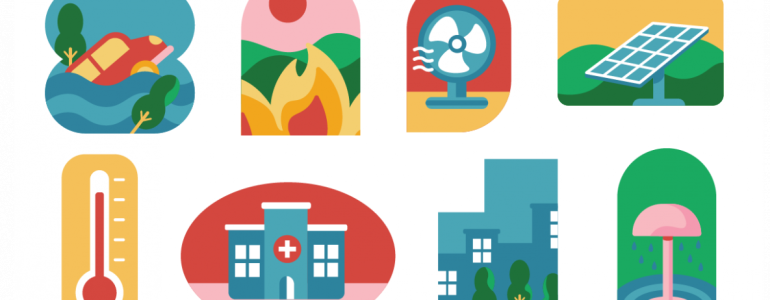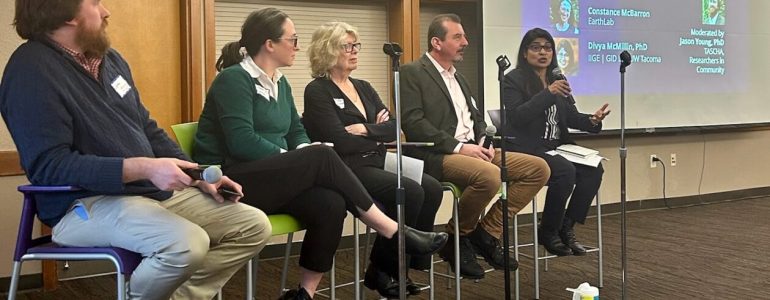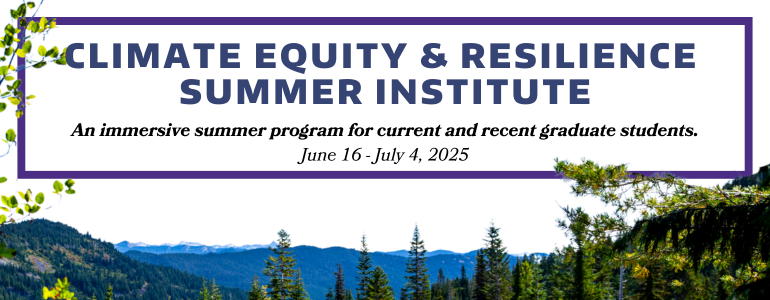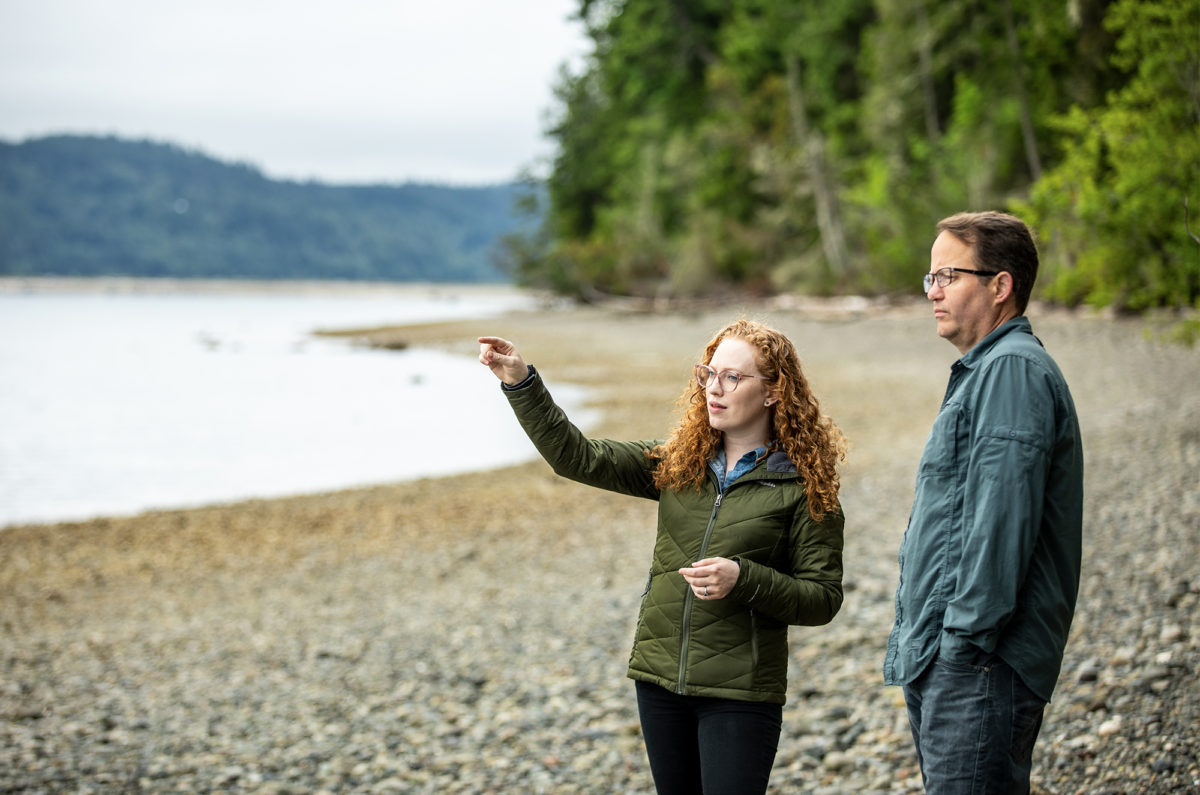EarthLab News
Susan Dickerson-Lange Joins UW Climate Impacts Group as the New Director
The Climate Impacts Group (CIG) welcomes Susan Dickerson-Lange as its new director. In her role, Dickerson-Lange will provide strategic leadership for CIG, driving financial stewardship and fundraising while supporting the team to deepen partnerships and expand offerings advancing climate resilience in the Pacific Northwest.
Read moreDoris Duke Conservation Scholars at UW Publishes Case Study on Organizational Impacts
Program team members Meera Lee Sethi and Martha Groom developed this case study to assess whether and how partnering with DDCSP@UW can facilitate organizational change toward greater equity within the conservation nonprofits and government agencies that host its interns, using data from semi structured interviews with current and former mentors.
Read moreHappy Black History Month!
Did You Know?
Black History Month as we know it today initially began 99 years ago when Carter G. Woodson (a Black historian, author and scholar) established Negro History Week. Since its creation, there has always been an annual theme to explore Black history and culture across time and space, throughout the U.S., Africa, and the Diaspora. This year’s theme for Black History Month is African Americans and Labor, which explores how “work and working of all kinds – free and unfree, skilled, and unskilled, vocational and voluntary – intersect with the collective experiences of Black people.”
Get Involved
In honor of Black History Month, we’ve put together some resources, collections on campus, and events happening in our community this February.
Washington State Climate Office Launches New Website, Advancing Strategic Goals
The Washington State Climate Office (WASCO) has officially launched a new website and introduced an updated visual identity, marking a significant step forward in the Office’s ongoing evolution. This milestone comes nearly a year after the release of WASCO’s strategic plan and demonstrates a continued commitment to expanding climate services, strengthening science communication and community engagement, and supporting informed decision-making in the pursuit of state-wide and regional climate resilience using historical climate data and seasonal forecasts.
Read moreUW Students: Join Us February 26 for Climate Justice Conversations & Connections
At the University of Washington, many students are leading the charge in reimagining how we take equitable action on climate change. Join us this winter for a cozy, interactive social mixer designed to strengthen connections among UW students passionate about climate justice.
Together, we’ll explore topics that matter most to you and set the stage for a spring event (like the one we hosted last year) that centers student perspectives on building a just and equitable climate future.
Apply Now: Summer Opportunities for Graduate Students
Although the EarthLab Summer Internship Program is only available to UW undergraduate students, we are fortunate to have several Member Organizations that are currently accepting applications for a variety of graduate student programming. Learn more and consider applying with the information below!
Pacific Northwest Climate Ambassador Program
Program on Climate Change and the Washington State Climate Office
The PNW Climate Ambassadors program at the University of Washington seeks to train graduate students studying climate change, its impacts, or potential responses to effectively engage with various sectors of the public.
Protecting health in a changing climate
New grants for the Center for Health and the Global Environment, an EarthLab Member Organization, will form an exploratory research center and study how socioeconomic factors will influence climate change's health impacts over the next century.
Read moreUW initiative ‘Society + Technology’ aims to foster broad collaboration at critical intersection
A new initiative at the University of Washington called Society + Technology, born out of a task force first assembled in 2021, is working to foster cross-campus collaboration and boost the UW’s public profile as it relates to technology’s social, societal, and justice aspects. The initiative, which held an inaugural convening last week, included EarthLab in a panel discussion about how we can build capacity to include diverse perspectives in conversations around technology and society.
Read moreApplications Now Open for Climate Equity and Resilience Summer Institute
The Climate Impacts Group is now accepting applications for a three-week summer graduate program. This program is open to master’s, doctoral, and post-doc students, and early career practitioners (within five years of a terminal graduate degree). The priority deadline to apply is February 28 and the final deadline is March 17 at 5PM PT.
Read more